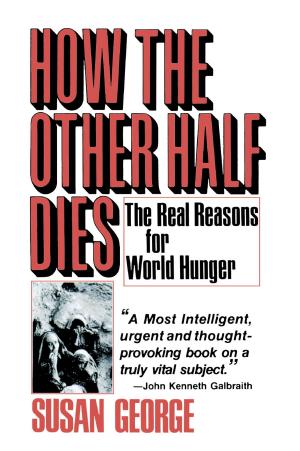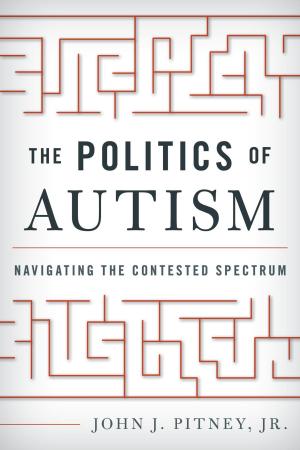Grassroots Medicine
The Story of America's Free Health Clinics
Nonfiction, History, Americas, United States| Author: | Gregory L. Weiss | ISBN: | 9781461665380 |
| Publisher: | Rowman & Littlefield Publishers | Publication: | March 30, 2006 |
| Imprint: | Rowman & Littlefield Publishers | Language: | English |
| Author: | Gregory L. Weiss |
| ISBN: | 9781461665380 |
| Publisher: | Rowman & Littlefield Publishers |
| Publication: | March 30, 2006 |
| Imprint: | Rowman & Littlefield Publishers |
| Language: | English |
This book describes the emergence of the free health clinic from its roots in the late 1960s and early 1970s, created by medical and lay social activists for young, alienated persons with substance abuse problems and by African American social activists for racial and ethnic minority groups. However, in the mid to late 1980s and 1990s, a second generation of free clinics began to develop rapidly in many different communities throughout the country, shifting their focus to the working poor and the uninsured. This growth has occurred with relatively little public attention and almost no scholarly investigation.
This book fills this gap in academia by delving into both the history of the free health clinic and the stories of the volunteers, staff members, and patients of the modern free health care clinic. Through countless research and hundreds of hours of recorded interviews, this book gives the reader a view into the free health care community, represented by 45 clinics—old, new, big and small—spread throughout 10 states and the District of Columbia. The book includes many quotations from the many interviews conducted by the author to provide an honest, passionate view of the free health care clinic from the frontlines.
This book describes the emergence of the free health clinic from its roots in the late 1960s and early 1970s, created by medical and lay social activists for young, alienated persons with substance abuse problems and by African American social activists for racial and ethnic minority groups. However, in the mid to late 1980s and 1990s, a second generation of free clinics began to develop rapidly in many different communities throughout the country, shifting their focus to the working poor and the uninsured. This growth has occurred with relatively little public attention and almost no scholarly investigation.
This book fills this gap in academia by delving into both the history of the free health clinic and the stories of the volunteers, staff members, and patients of the modern free health care clinic. Through countless research and hundreds of hours of recorded interviews, this book gives the reader a view into the free health care community, represented by 45 clinics—old, new, big and small—spread throughout 10 states and the District of Columbia. The book includes many quotations from the many interviews conducted by the author to provide an honest, passionate view of the free health care clinic from the frontlines.















